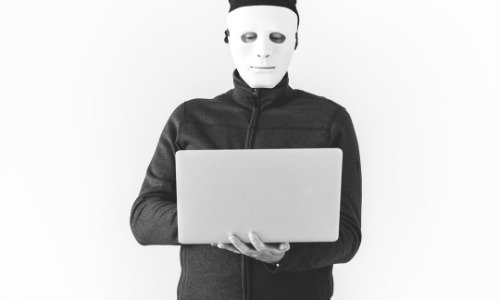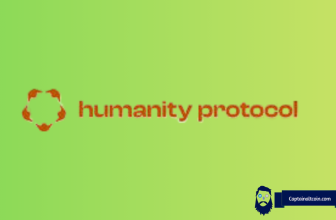
Cryptocurrency is a nascent technology and the whole infrastructure that follows a new industry field is usually underdeveloped and unsafe. Current cryptocurrency exchanges, that are completely centralized, are the biggest cause of stress and a honeypot for hackers or as Vitalik Buterin called them “a cancer of crypto”.
Reuters reports that the amount of stolen cryptocurrencies through hacking of exchanges shot up to a whopping $927 million in the first nine months of 2018, which is a jump of almost 250 percent from the amounts seen in 2017, as reported by U.S.-based cyber security firm CipherTrace released on Wednesday.
Cryptocurrencies are one of the most attractive targets of hackers worldwide and considering there are more than 2000 bitcoin alternatives on the market right now, hackers have plenty of choice for their attacks.
“The regulators are still a couple of years behind because there are only a few countries that have really applied strong anti-money laundering laws,” Dave Jevans, chief executive officer of CipherTrace, told Reuters in an interview.
He said these numbers present probably only 50 percent of the actual criminal transactions and there at least $60 million in stolen cryptocurrency that were not reported.
The research also showed that the top cryptocurrency exchanges are usually set up in countries with weak anti-money laundering regulations (AML) which is the cause of them to be used to launder $2.5 billion worth of bitcoins since 2009. CipherTrace investigated about 350 million transactions from 20 different exchanges and found 100 million to be with counterparties which they further compared with their own criminal activity database.
The CipherTrace report refused to name the exchanges alleged to be part of this scheme.
“All exchanges get these money-laundered funds. You really can’t stop them,” said Jevans.
“And here’s the reason why. We learn about the criminal stuff often times after it actually happened. So there’s no way to know in real time. You can know 80-90 percent of the time, but it’s impossible to know 100 percent,” he added.






